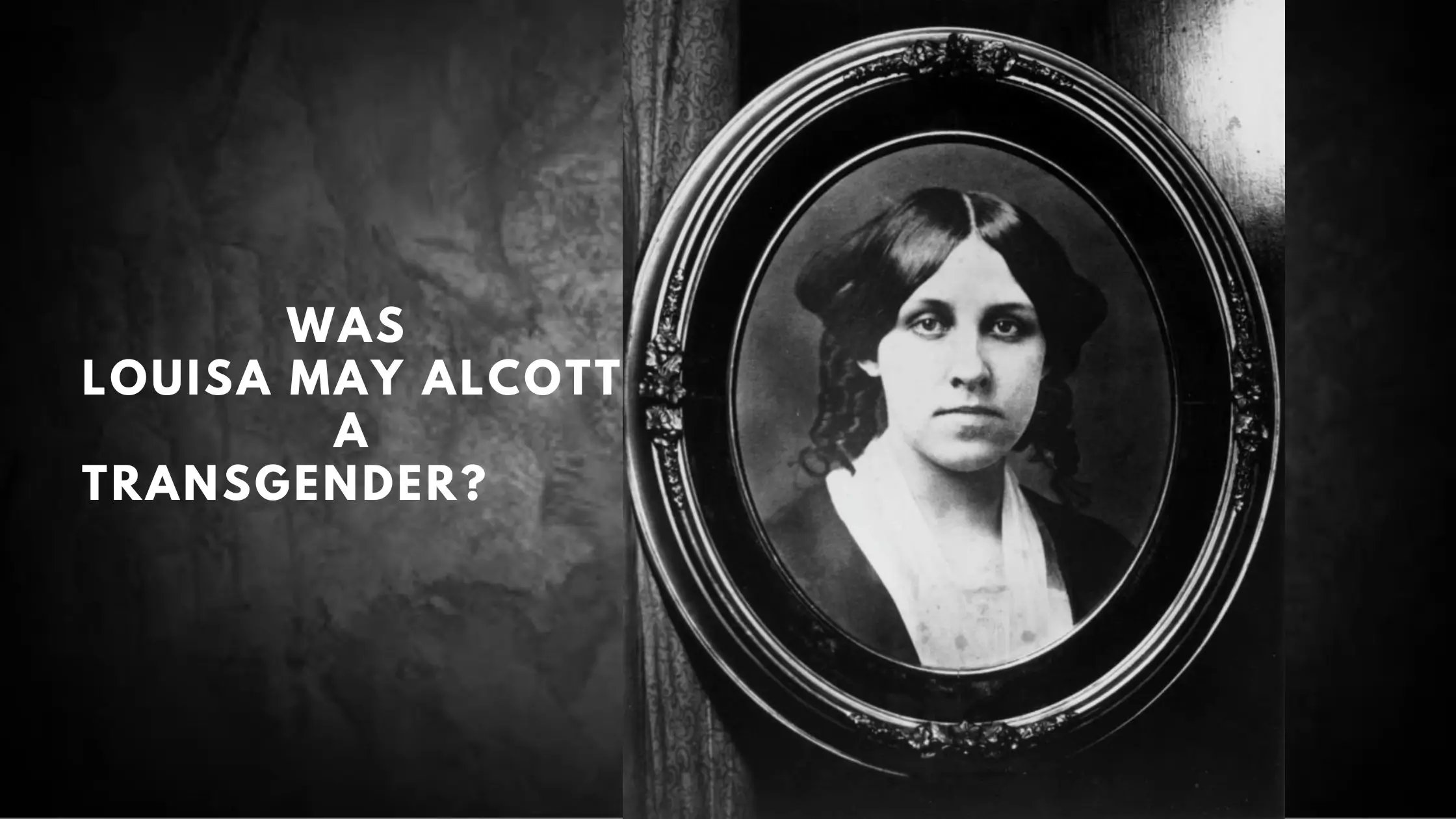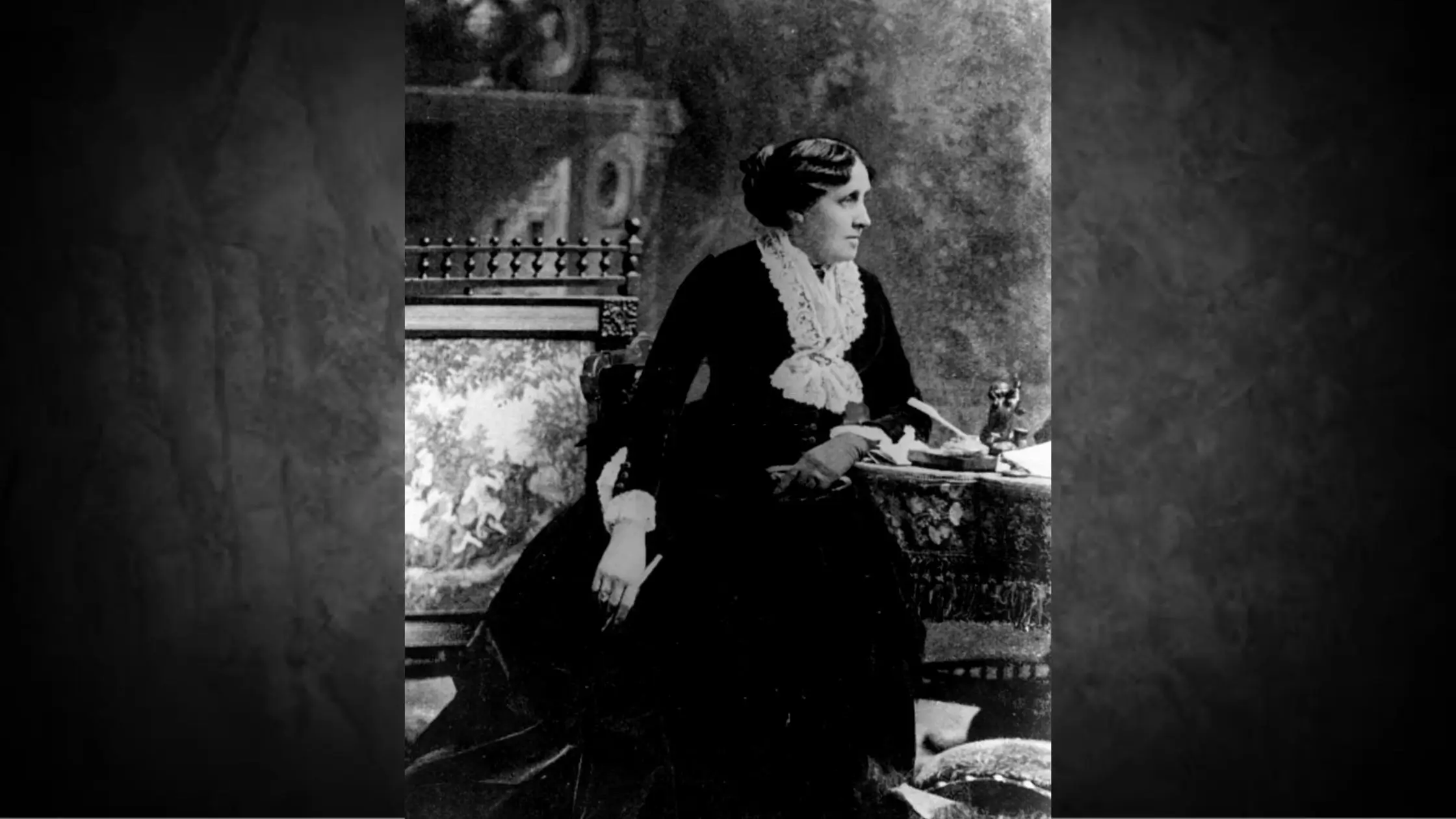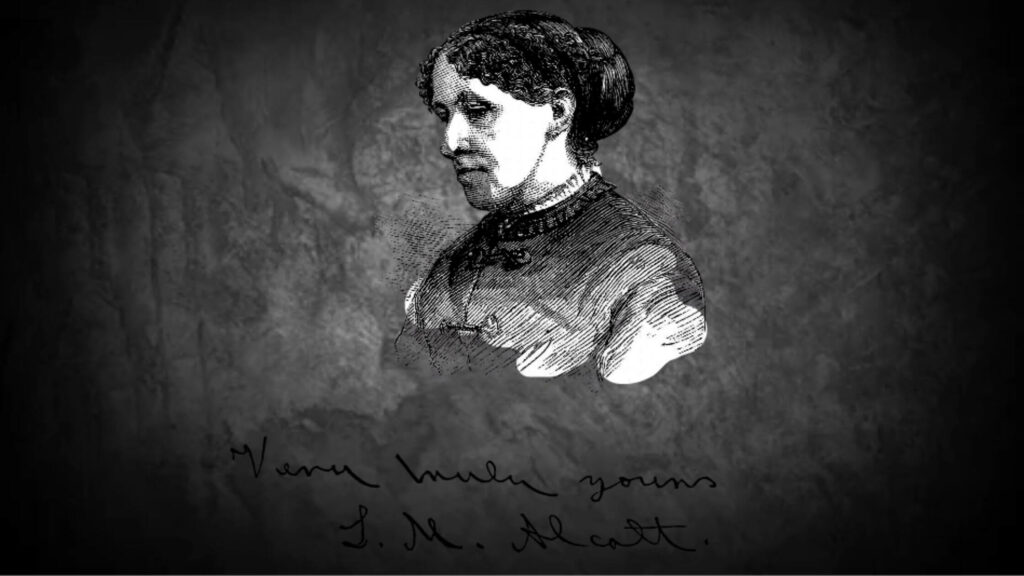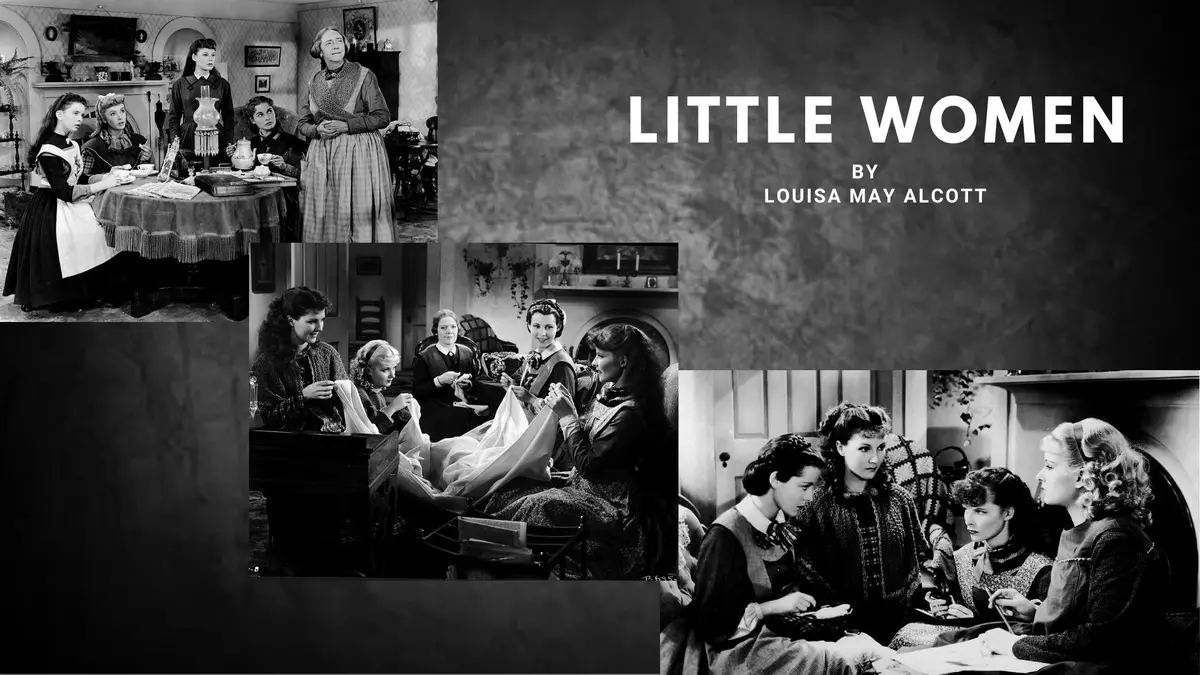Entertainment
Was Louisa May Alcott A Transgender Man? Know The Truth Behind New York Times Claims!

Louisa, the American author of the classic “Little Women” may be a name very much familiar to many. The renowned children’s author is one of the most well-spotted personalities in the authors’ history. Recently, her sexuality has been questioned and brought up as a core topic for discussion. She got chosen to be a sizzling topic right after she referred to herself as male.
Into Louisa May Alcott
Louisa May Alcott was born in Philadelphia on November 29, 1832. The famed author has penned colorful relatable characters, the real hit in 19th-century novels. Her meticulous work impacted American literature as she keenly focused on introducing readers to strong female heroines.

Being born and brought up in the 9th-century transcendentalist movement, Louisa, as a child, was well inspired by religious and political beliefs. Louisa, at an early age, took to reading and writing.
Bronson Alcott, the father of Louisa, was a prominent educator at that time and this made her schooling under her father. Analogous and parallel to her novel Little Women, Louisa was one of the four gorgeous among her sisters, closely connected throughout her life.
Louisa May Alcott’s first poem, “Sunlight,” was published in a magazine, and her first written book, a short story, was published in the year 1854.
Later, Louisa penned and published myriad works that made a huge reader circle notice her creations and gained a massive following. She was a writer who entertained both adults and children.
Her most popular work, Little Women, 1868, was written by reflecting back on her childhood with her sisters. This instant success made her one of the foremost novelists in the early 20th century.
Moving to Europe, she contributed to several publications, where another classic, Little Men, was one among many that gained significant hype.
Louisa May Alcott never got married nor did she have any children. The writer died at the age of 56. Even today, readers stick to reading and enjoying her writings. To date, Alcott’s novels seem to get tagged as bestsellers across the globe.
Who Was Louisa Inside?
Louisa never showed interest in tying the knot with anybody. She was not a personality who carried any desire to get married and be in a family life. She seemed to have no interest in romance or erotic scenes.
Some strange words opened by the writer that got summarized in a profile published in 1884 clearly portray Louisa as a male inside a woman’s body.
In the published profile, Louisa said that she may have been a horse, and in her childhood days, she was all having a horse’s delight focusing on racing in the fields.
Louisa opened up and highlighted the words that she half-persuaded as a man’s soul in a woman’s body. Louisa even pointed out those days she was in love with many stunning girls.
The feeling she held in her heart for pretty girls was unique, and similar feelings were never felt for a man. Throughout her life, she was never attracted to a man just the way she did to adorable girls.
Was The Mother Of Young Adult Literature A Mannish Or A Lesbian?
The journalist and author Peyton Thomas came forward with the assertion on whether Louisa May Alcott was a transgender man. The talk was reported in the New York Times on December 24.
He argues that the author and female American literary figure is best known as a transgender man. The novelist showcased that Louisa was transgender, and her writings in fiction like Little Women reflect the same.

Researching the novels penned by Louisa May Alcott, he came across such a thought and he shared it with not more or less in the unusual venue of a New York Times. He even points out the fact that his findings and the evidence he collected favor the thoughts that Louisa is a man more than a woman.
Jo March, the heroine character of her renowned novel “Little Women,” was shown as a hot-tempered, adventuresome protagonist that reflects male parts on stage. This places the character in a male body. But does it really bring to light that Louisa was a lesbian or mannish?
The talk published in 1884 covered the words of Louisa, and by analyzing the reports, it seems that she called herself a horse. This could be an interpretation.
Whatever is portrayed by Louisa, delving deep into the topics related to sexuality and gender seems to be a challenging subject. Though Louisa talked much about girls and their prettiness, no marked clues show her interest in girls.
Also, the writer has not been in any romantic scenes with women. Looking deep into her friend circle, one could surely get to know that the majority were young men.
Louisa May Alcott Referred To Herself As A Man
Louisa and her life were an open book that everyone could easily read and comprehend what she was all about. There was no mysterious stuff she kept hidden that the gendering and everything related to it was seen throughout her life. Bronson Alcott, the loving father of Louisa, addressed her as his only son.
For her nephews, she was the only father who cared for and protected each of them. After the death of one of her sisters, she was the only protector of her sister’s kids. Apart from these, Louisa always loved and longed to be a man or a gentleman. She once described herself as a man and a gentleman who is a father as well as a protector.
More: Jennifer Williams Crowned As New Jersey’s First Transgender Councilwoman
Is “Little Women” A Transgender Portrait?
Peyton Thomas, the journalist, and the author points out that Jo, the character in this novel, seems interested in stepping out of her female body. The character says that she felt disappointed for not being a boy.

Most of the time Jo refuses that she is a young lady. The character even conveys her wish to marry Meg. Though the character and her sayings highlight no interest in being a girl, or that curious entry of the novel showing Jo’s interest to be a man doesn’t mean that “Little Women” is a transgender portrait.
Opposing The Transgender Theory Of Alcott
But, the real fact is that Louisa never seemed in male clothing nor preferred wearing one of a kind. Throughout her life, she lived as a woman and dressed up proving the same.
The erotic interest in women she opened up and spoke about seems to be wrapped in the wrong tie. What she conveyed was covered in misdirection.
Many are familiar to you who spoke much about interests in women or even expressed themselves as male. Do we call all of them ‘transgender’? This seems that there is a lot more to comprehend about gender, the most mysterious subject ever!
